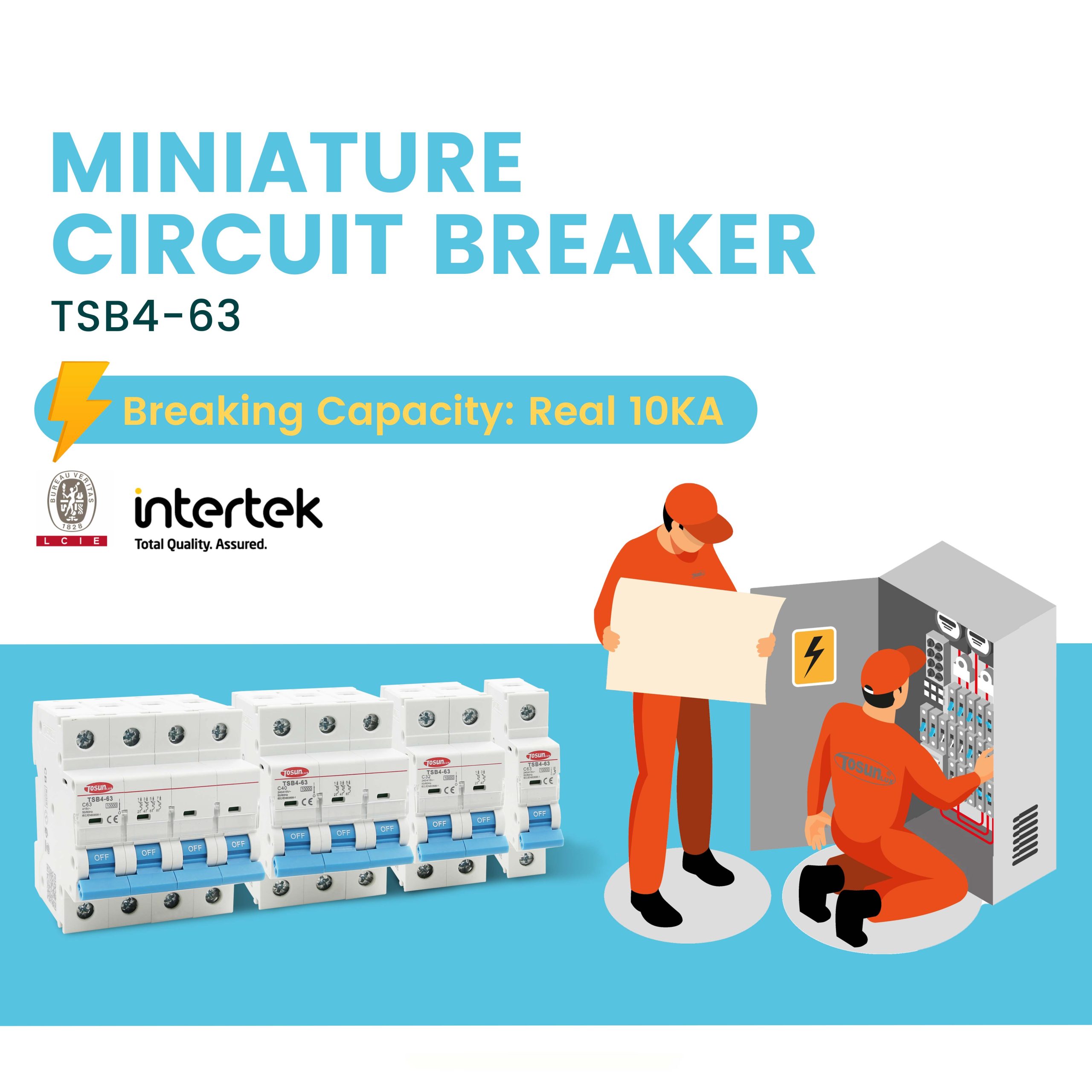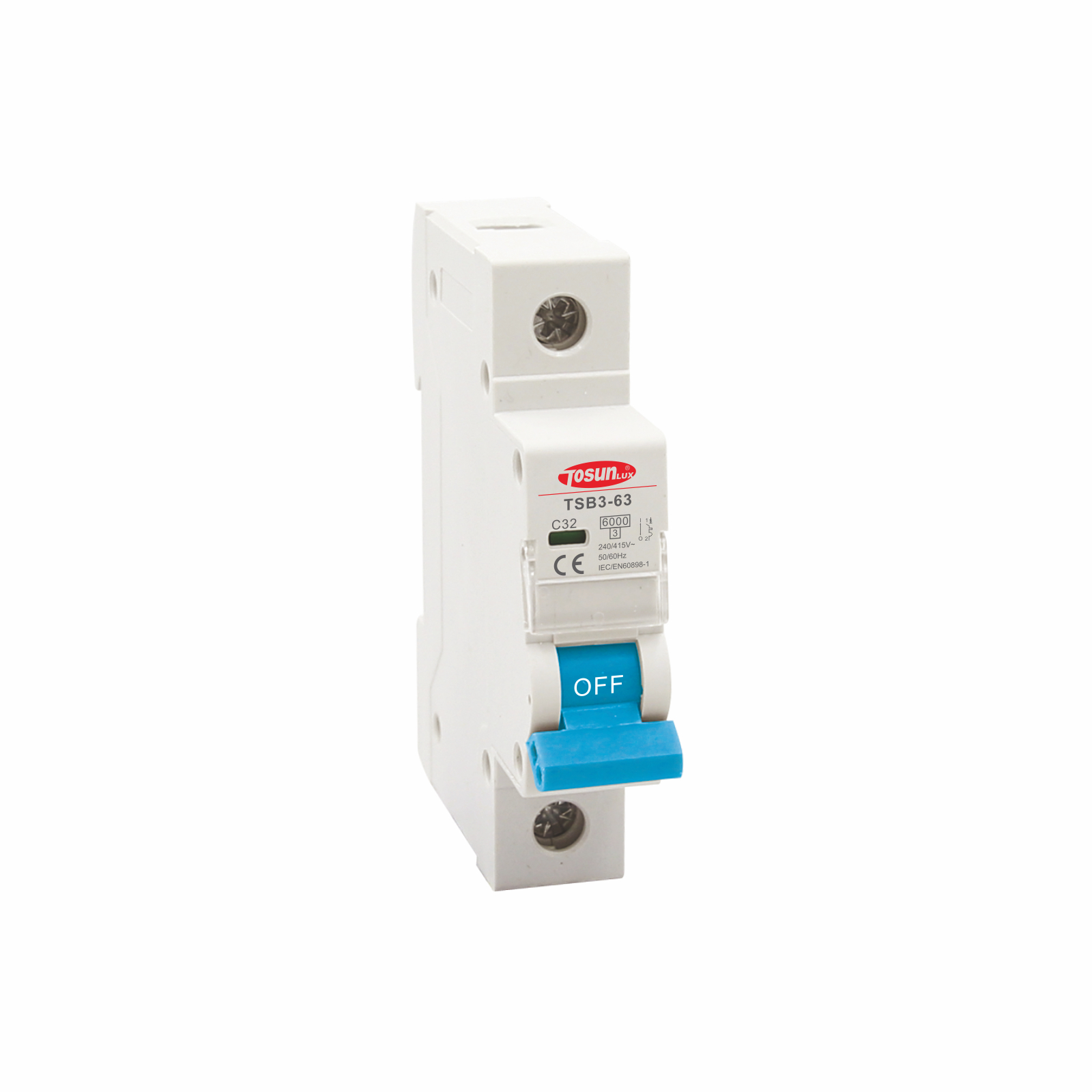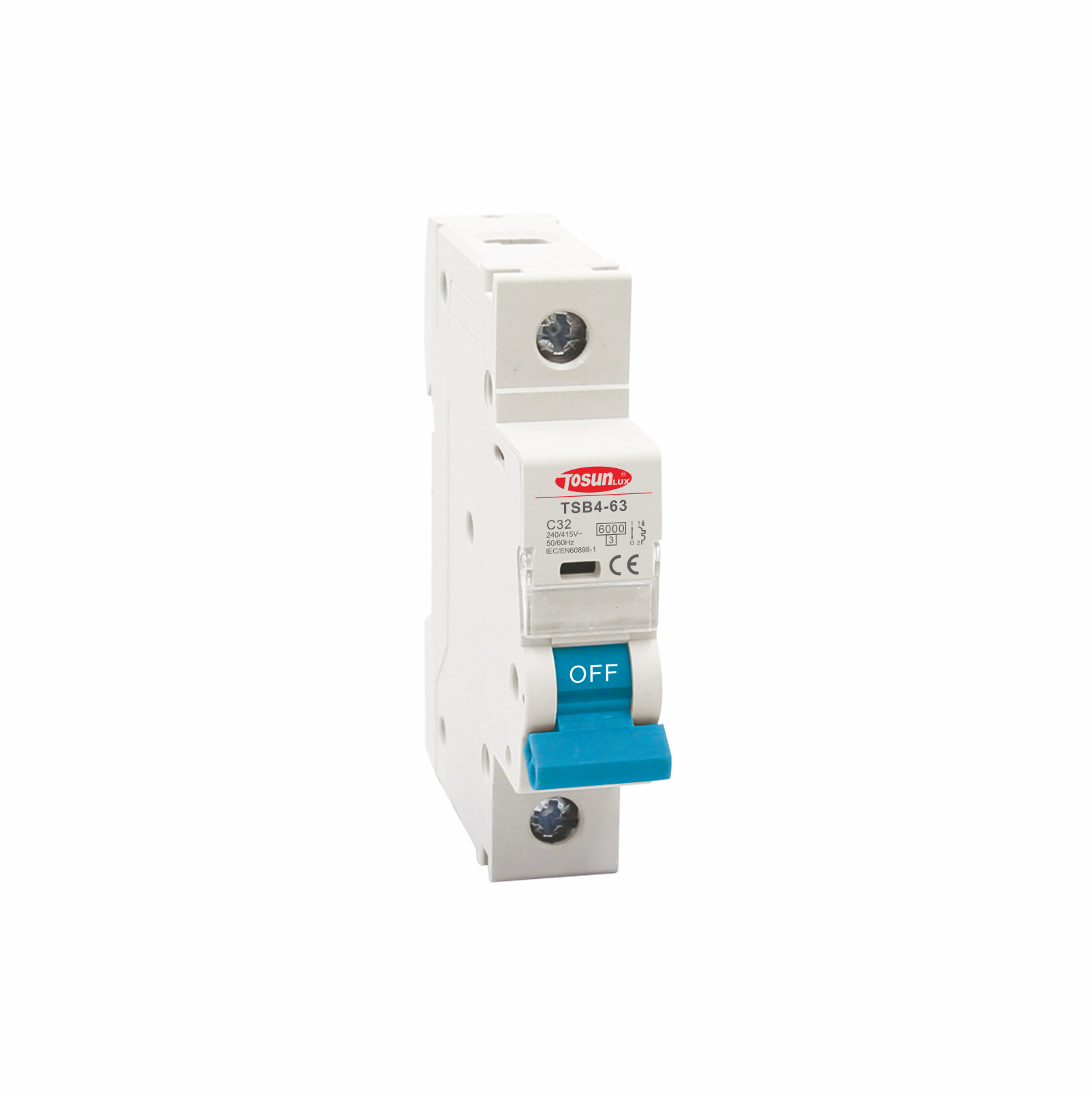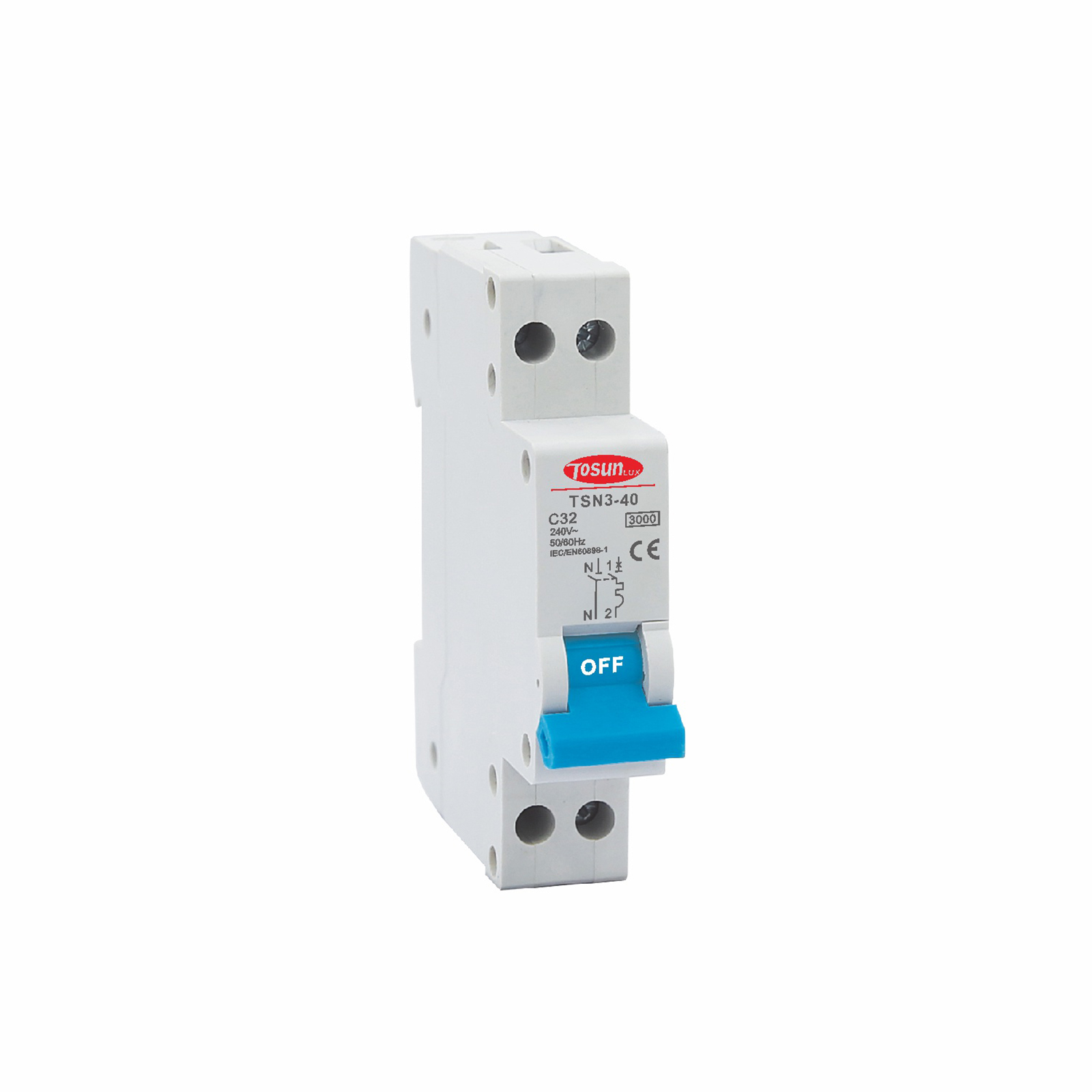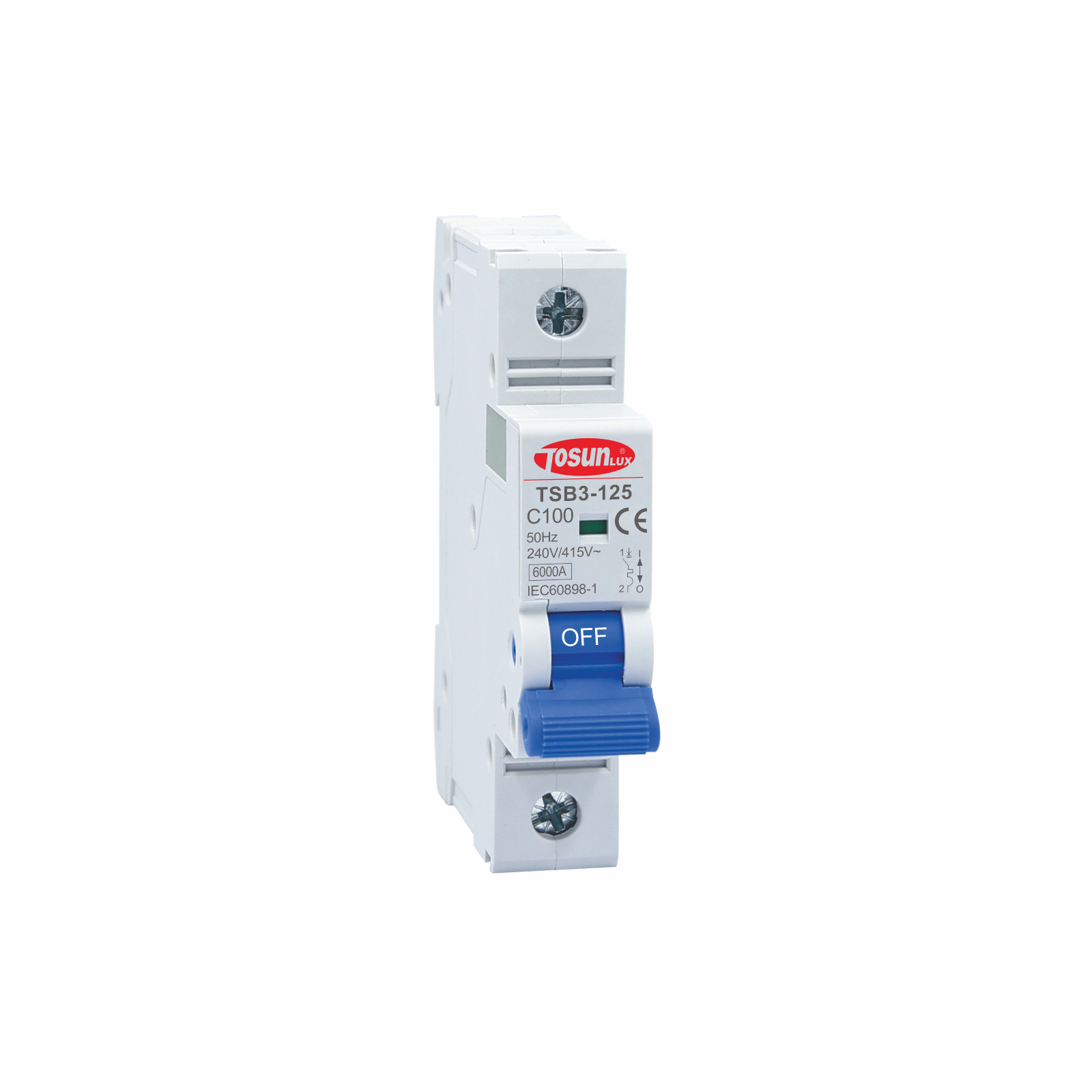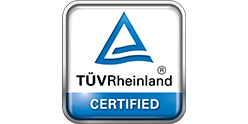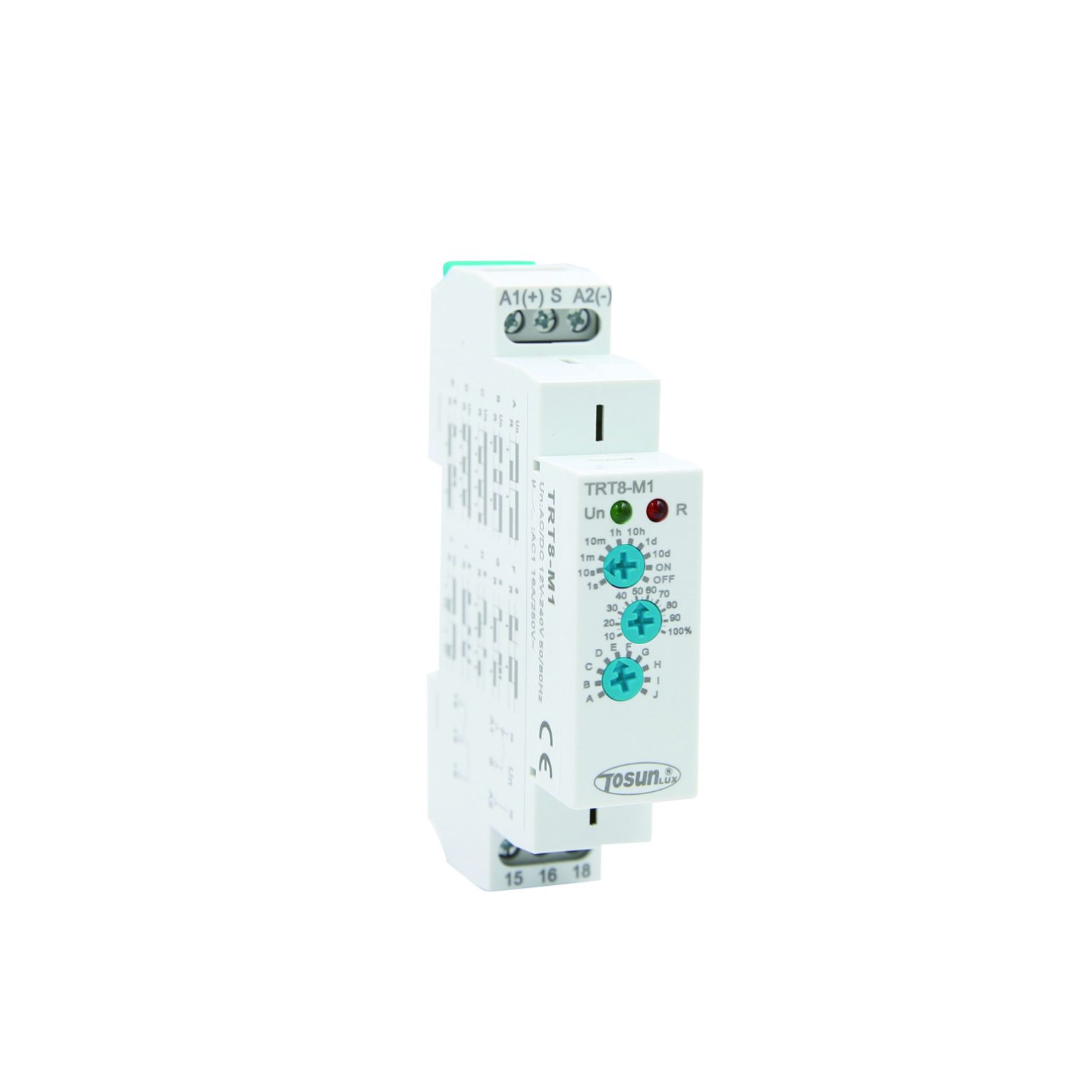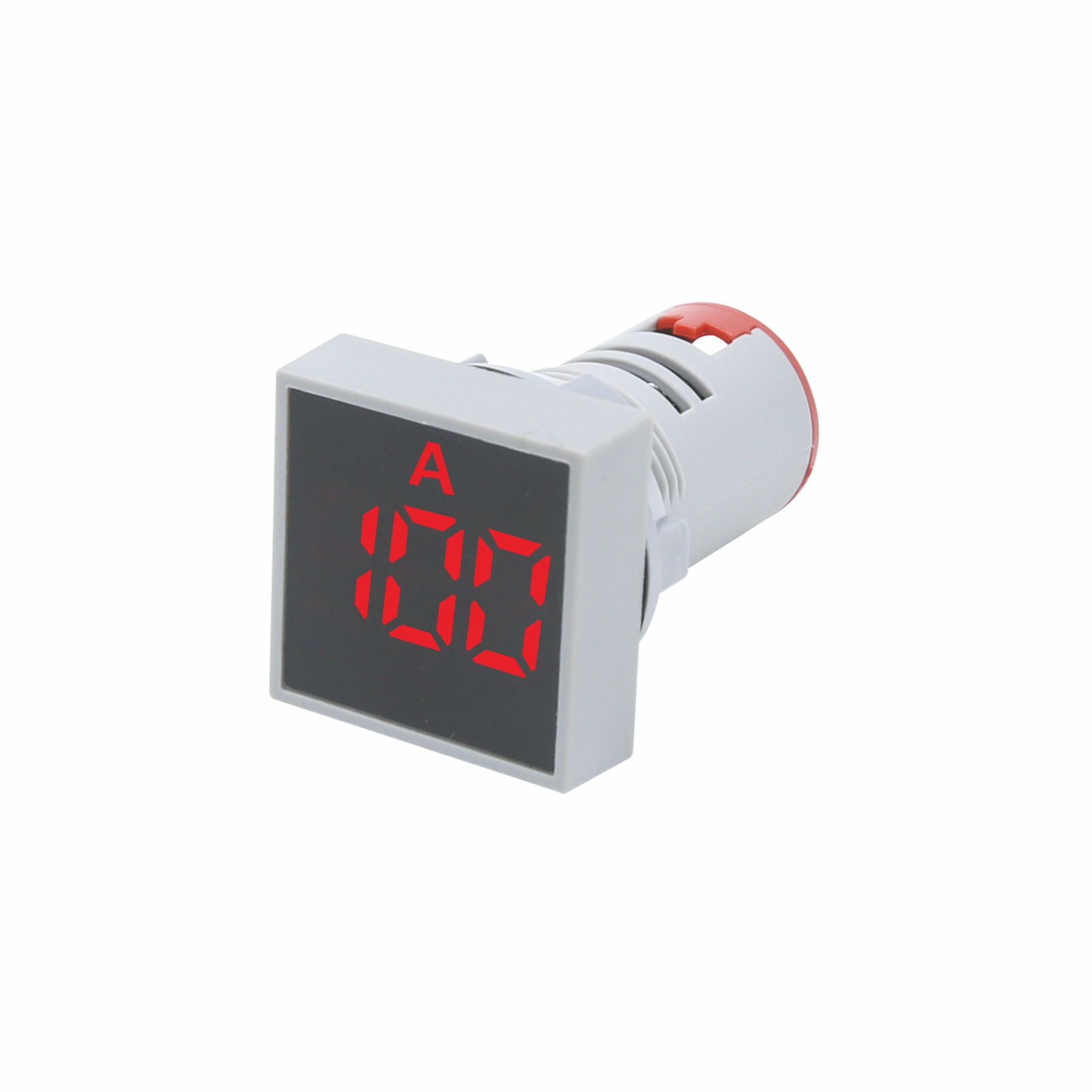Miniature Circuit Breakers (MCBs) are compact, reliable, and crucial safety devices used in electrical systems to prevent electrical hazards. Protecting various types of electrical loads, such as motors, transformers, and consumer appliances, MCBs play a critical role in any electrical setting. This comprehensive guide will discuss what MCBs are, their types, applications, and advantages to help you understand their importance in electrical safety.
What are Miniature Circuit Breakers (MCBs)?
Miniature Circuit Breakers (MCBs) are electromechanical devices designed to protect electrical circuits from overloads and short circuits. When a fault occurs, the MCB automatically trips, stopping the flow of current within the circuit. This prevents damage to electrical equipment, reduces the risk of fires, and safeguards against electrocution hazards. MCBs are commonly used in residential, commercial, and industrial installations.
Types of Miniature Circuit Breakers (MCBs)
Based on their tripping characteristics, MCBs are available in several types—Type B, Type C, and Type D.
1. Type B MCBs: These MCBs are designed to trip at a current between three and five times their rated current capacity. Suitable for light loads such as lighting circuits, domestic appliances, and outlets, Type B MCBs offer quick protection against short circuits.
2. Type C MCBs: With a tripping range between five and ten times their rated current, Type C MCBs protect against both short circuits and overloads. They are commonly used in commercial and industrial applications, including motors, lighting circuits, and transformers.
3. Type D MCBs: These MCBs can handle currents between ten and twenty times their rated capacity, making them suitable for heavy loads like large motors and industrial equipment. Type D MCBs provide immediate protection against short circuits, while allowing for brief overload tolerances before tripping.
Working Principle of MCBs
MCBs operate based on two major principles: thermal and magnetic tripping.
1. Thermal Tripping: The thermal tripping mechanism relies on a bimetallic strip that bends when heated due to current excess. The bending causes the trip mechanism to activate, separating the contacts and opening the circuit. This reaction is slower but provides precise protection against overloads.
2. Magnetic Tripping: Utilizing an electromagnetic coil, magnetic tripping activates when a fault (short circuit) causes a rapid increase in current. The magnetic field generated by the increased current forces the trip mechanism into motion, quicky disconnecting the circuit. This reaction is almost instantaneous, enabling fast-acting protection from short circuits.
Applications of Miniature Circuit Breakers (MCBs)
1. Residential: In homes, MCBs protect appliances and electrical devices from faults and overloads. They offer a safer alternative to traditional fuses, being both reusable and more reliable.
2. Commercial: MCBs are essential in commercial settings like offices and retail stores, safeguarding electrical systems against overloads, short circuits, and equipment malfunctions. They help prevent costly damages, ensuring the smooth operation of businesses.
3. Industrial: MCBs serve a critical role in the safe operation of industrial electrical systems, including protection of motors, transformers, and machinery. They help minimize downtime due to equipment failure, maximizing productivity.
Advantages of Miniature Circuit Breakers (MCBs)
1. Reliable Protection: MCBs provide superior protection compared to traditional fuses, instantly tripping during faults or overloads to minimize damages and hazards.
2. Compact Size: Miniature Circuit Breakers offer robust protection in a compact form factor, making them ideal for modern, space-saving electrical installations.
3. Easy Reset: After a fault has been resolved, MCBs can be easily reset by switching them back to the “ON” position, eliminating the need to replace fuses or components.
4. Visual Indication: MCBs feature an easily visible trip indicator, allowing users to confirm the tripped status at a glance and quickly identify the source of the issue.
5. Reduced Installation Time: With their easy installation process, MCBs can be mounted conveniently on DIN rails, reducing both installation time and effort.
Conclusion
TOSUNlux TSB3-63 miniature circuit breaker (MCBs) are essential and reliable components that improve electrical safety and circuit protection. With their compact size, ease of use, and enhanced performance across various applications, MCBs are a trusted solution for electrical systems maintenance and protection. By understanding the types, applications, and advantages of MCBs, users can confidently select and install appropriate protective devices for their specific electrical needs.
 : +86-139 0587 7291
: +86-139 0587 7291 English
English Español
Español Русский
Русский Français
Français العربية
العربية Português do Brasil
Português do Brasil Українська
Українська Türkçe
Türkçe Polski
Polski Nederlands
Nederlands Italiano
Italiano Bahasa Indonesia
Bahasa Indonesia हिन्दी
हिन्दी اردو
اردو አማርኛ
አማርኛ Հայերեն
Հայերեն ไทย
ไทย Монгол
Монгол فارسی
فارسی Shqip
Shqip Ελληνικά
Ελληνικά
